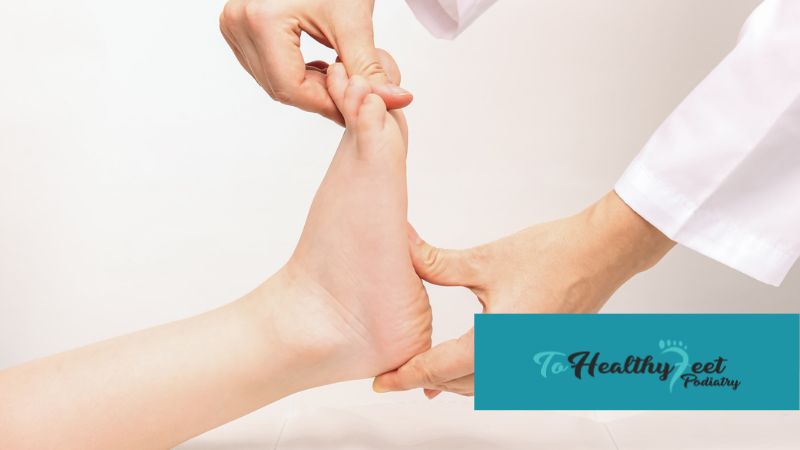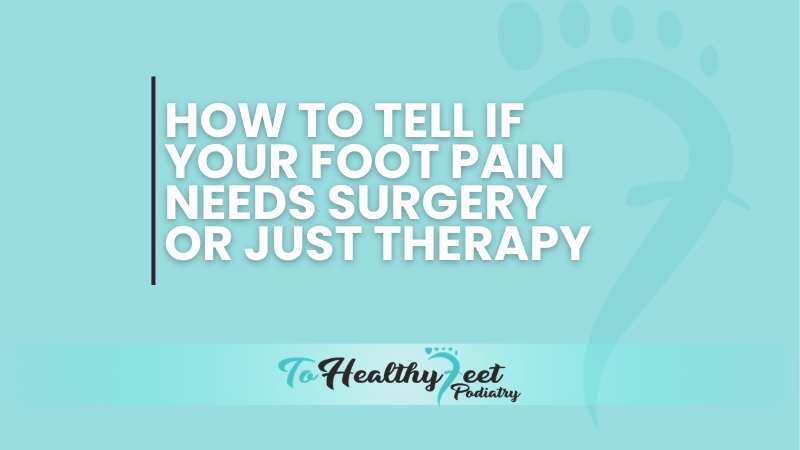Types Of Flat Feet
All babies are born with flat feet. Arches typically begin to form in early childhood, but sometimes they do not develop at all. Adults can have arches that collapse (known as fallen arches). Different types of flat arches can present different challenges. Types of flat feet include:
Flexible
This type of flat feet is the most common. When a person with flexible flat feet raises their foot off the ground, an arch is visible. But when weight is placed on the foot the arch flattens or disappears. Flexible flat feet tends to develop during childhood or the teen years and it can progress with age. People with flexible flat feet may experience pain and inflammation due to tendons and ligaments that stretch and tear.
Rigid
A person with rigid flat feet has no arch whether bearing weight on the foot or not. This condition can cause loss of flexibility to move the foot in any direction. Some people experience rigid flat feet in only one foot. Rigid flat feet is usually a painful condition that is likely to get worse with age.
Adult-Acquired (Fallen Arches)
When the arch of the foot drops or collapses, this is adult-acquired flat foot, also called fallen arches. This painful condition can occur due to an injury such as a posterior tibial tendon tear, or due to inflammation. Fallen arches can cause the foot to turn outward.
Vertical Talus
Vertical talus is a congenital disability that prevents the arches from ever forming because the talus bone is in the wrong position. Babies born with the vertical talus deformity have flat feet that appear convex or curved outward. For this reason, vertical talus is sometimes called rocker-bottom foot. Vertical talus can often be corrected with a casting strategy and/or minor surgery. Vertical talus is not painful, but if left untreated it can impair walking.
How Does A Podiatrist Treat Flat Feet?
Vertical talus is best treated by a pediatric specialist, but for other types of flat feet, your podiatrist can help you find relief from pain and impairment. Some typical treatment options include:
- Treating the affected area with ice
- Over-the-counter non-steroidal anti-inflammatory drugs (NSAID) to ease pain and inflammation
- Physical therapy to strengthen tendons that support your arch
- Taping to provide arch support
- Custom orthotics to hold up the rearfoot and the midfoot
- Surgery to repair a torn tendon
Without treatment, flat feet can become progressively worse, causing chronic pain and impaired movement and mobility.
Find Support For Flat Feet In Manhattan-NYC
If you have pain or impaired movement or mobility due to flat feet or fallen arches, it is important to seek treatment from a podiatrist. Even if the pain is mild right now, flat feet and fallen arches can become progressively worse with age and cause chronic foot, ankle, and leg pain and impact your ability to walk. With a clear assessment of your type of flat feet, your podiatrist can formulate a treatment plan to get you on your feet again.
The team of foot doctors at To Healthy Feet in Manhattan can expertly assess your feet to determine the type of flat feet you have, and develop a personalized treatment strategy based on the severity of your symptoms, your lifestyle, and your goals for treatment. We provide accurate diagnosis and comprehensive foot and ankle care and have the tools and technologies necessary to provide a variety of tailored treatment approaches including regenerative medicine, custom orthotics, and even minimally invasive surgery (when needed) at each of our Manhattan Podiatry Clinics. If you are experiencing pain due to flat feet or fallen arches or any other foot or ankle condition pain, call To Healthy Feet Podiatry at 1-917-398-3668 or fill out the contact form to book your appointment at our Upper East Side, Times Square, Midtown Grand Central, or Downtown Wall Street locations today.
FAQ
Q: What will happen if I don’t seek treatment for flat feet pain?
A: If your flat feet are causing pain and treatment is neglected, your pain may become worse. This can also put you at risk for potential tendon and joint damage in the future.
Q: Do I need special shoes to wear custom orthotics?
A: Custom orthotics are very versatile. Because they are tailored to your own foot and needs, they can be made so that they fit inside work shoes, dress shoes, and sneakers.
Q: What happens at a flat feet appointment?
A: One of our podiatrists will start by taking and evaluating x-rays of your feet to look at their structure. They will watch how you walk and stand to look for any asymmetry. They will educate you on proper shoe options and help provide a treatment plan for your symptoms while taking your lifestyle into consideration. Book your appointment now.




